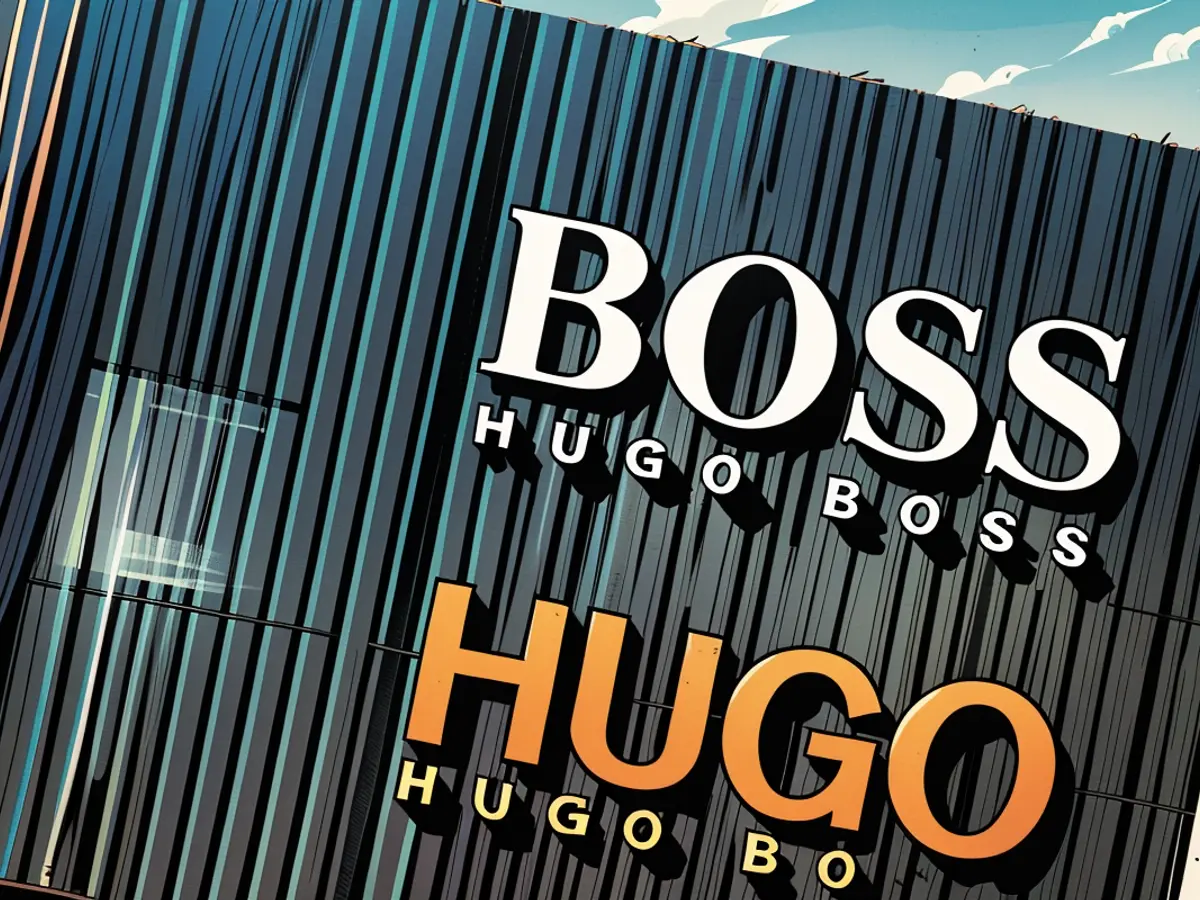Conglomerate - Hugo Boss lowers annual forecast - weak quarter
The fashion retailer Hugo Boss looks at the current year pessimistically after a disappointing second quarter. The company announced on Monday evening that the turnover is expected to only increase by 1 to 4 percent to 4.20 to 4.35 billion Euro. Previously, Hugo Boss had anticipated a turnover growth of 3 to 6 percent.
The company's own expectations for the operating result are being scaled back even more: Hugo Boss now assumes a decline of up to 15 percent in earnings before interest and taxes (Ebit) compared to the previous year. At best, it will increase by 5 percent. This corresponds to a range of 350 to 430 million Euro.
Besides the business development in the second quarter, Hugo Boss also cited persistent uncertainties regarding the global consumption climate as the reason for the lower expectations. In particular, the market environment has been challenging in important markets such as the United Kingdom and China.
In the second quarter, turnover decreased by 1 percent to 1.015 billion Euro. The operating income (Ebit) fell by about 40 percent to 70 million Euro. The company attributed an increase in marketing costs by 21 percent and expenses in stationary retail by 12 percent.
However, Hugo Boss was also able to achieve improvements in some areas. The bottom line improved due to lower purchase prices. Inventory shrank by 7 percent after currency adjustments.
Hugo Boss, a prominent fashion retailer based in Germany, specifically in Baden-Württemberg and Metzingen, is experiencing a less optimistic outlook for the current year following a disappointing second quarter. Despite anticipating a turnover growth of 3 to 6 percent, the company now expects a modest increase of 1 to 4 percent, ranging from 4.20 to 4.35 billion Euro.
The declining consumer confidence worldwide, particularly in key markets like the UK and China, has contributed to Hugo Boss scaling back their own expectations for the operating result. The company now anticipates a potential decrease of up to 15 percent in earnings before interest and taxes (Ebit), with the best-case scenario being an increase of 5 percent.
As a major player in the consumer goods sector, Hugo Boss is a part of a larger conglomerate in the fashion and handel industry. Their disappointing second quarter sales, with a turnover decrease of 1 percent and an operating income (Ebit) fall by about 40 percent, has impacted the company's bottom line.
However, Hugo Boss has also reported improvements in certain areas. The lower purchase prices have positively impacted the bottom line, and inventory has shrunk by 7 percent after adjusting for currency fluctuations.








